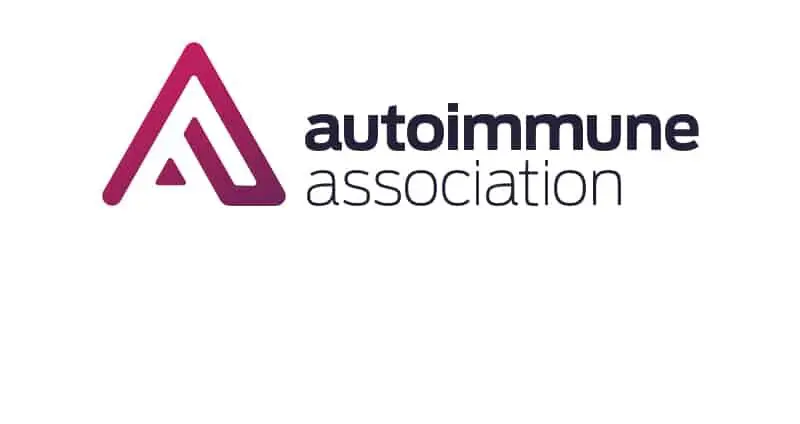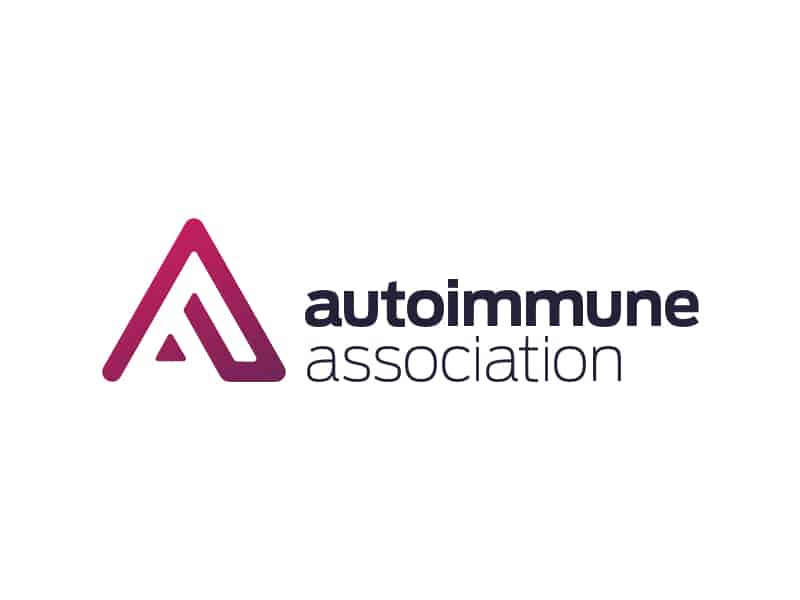

Guest Blog: A Major Health Crisis: The Alarming Rise of Autoimmune Disease
By Molly Murray, President and CEO, Autoimmune Association
Observed every March, Autoimmune Awareness Month aims to enhance awareness and understanding of autoimmune diseases. The importance of recognizing autoimmune disease as a serious health concern is greater than ever, as its incidence rates continue on an upward trajectory.
The rising prevalence of autoimmune disease is a concerning trend that underscores the urgent need for increased advocacy, awareness, education, and research. Autoimmune disease, a group of illnesses in which the immune system mistakenly attacks the body’s own tissues, comprise more than 100 disorders, including common conditions like psoriasis, celiac disease, multiple sclerosis, type 1 diabetes, and rheumatoid arthritis; as well as rarer conditions such as Behcet’s disease, paroxysmal nocturnal hemoglobinuria (PNH), and mixed connective tissue disease (MCTD).
Data indicates that autoimmune diseases affect approximately 50 million Americans. However, given the complexity of diagnosing these conditions, this number is likely an underestimate. Even more alarming, autoimmunity is reaching epidemic levels, with some studies estimating an increase of 3-12% annually.
Consider these statistics:
- Among test subjects, the prevalence of antinuclear antibodies (ANA), the most common biomarker of autoimmunity, nearly doubled between 1988-2012. In the same study, the prevalence of ANA among adolescents aged 12 to 19 years old increased nearly 300%.
- The prevalence of type 1 diabetes has nearly doubled in the past 40 years in the adult population.
- Over the past 30 years, the prevalence of celiac disease in the U.S. has increased five-fold, doubling approximately every 15 years.
- The estimated number of people with multiple sclerosis worldwide increased 30% from 2013-2022.
- Between 2006 to 2021, the prevalence of inflammatory bowel disease (IBD) increased 46%.
The reasons behind the increasing prevalence of autoimmune diseases are not fully understood. Genetic predispositions, environmental factors — such as pollutants, medications, toxins, and viral infections — and lifestyle factors including diet, sleep deprivation, stress, and lack of physical activity, all likely play a role.
Awareness and advocacy are crucial in addressing the growing challenge of autoimmune disease. Many patients face significant delays in diagnosis due to vague and overlapping symptoms and the lack of awareness among healthcare providers. In fact, autoimmune patients on average visit four different providers over 4.5 years before receiving a diagnosis and beginning a treatment plan. Increasing awareness about the signs and symptoms of autoimmune diseases can help expedite diagnosis and treatment and improve outcomes for patients.
The need for research cannot be overstated. Currently, there is no cure for autoimmune diseases, and treatments often focus on managing symptoms and preventing further damage. Research is essential for uncovering the underlying causes of autoimmune diseases, identifying methods for prevention, developing more effective therapies, and ultimately, finding a cure. Advances in genetics, immunology, and biomedical technologies offer promising avenues for breakthroughs in understanding and treating these complex diseases.
Advocacy plays a vital role in in creating a better future for people living with autoimmune disease by driving policy changes and increasing funding for research. Despite the significant burden these diseases impose on individuals and the health care system, autoimmune diseases have historically been underfunded in terms of research dollars per patient. It is imperative that we push for more resources and better policies to support research and ensure access to treatments.
The rise in autoimmune disease globally demands a focus on raising awareness, advocating for patients, providing education, and driving research. By working together, the Autoimmune Association and our partnering organizations, patients and advocates, researchers, health care providers, and policymakers can improve the lives of millions of Americans affected by these often debilitating and sometimes life-threatening conditions. Greater awareness and understanding can lead to faster diagnoses and better care, while enhanced advocacy efforts can ensure access to care and secure resources for groundbreaking research.
During Autoimmune Awareness Month and beyond, I invite you to join us in our mission to lead the fight against autoimmune disease by advocating and collaborating to improve health care, advance research, and empower the community through every step of the journey. Browse our website at autoimmune.org for ways to get involved or send us a message at hello@autoimmune.org. Together, we can pave the way to the promise of a world without autoimmune disease.
The Autoimmune Association is a member of the National Health Council. For more information on NHC membership, please email membership@nhcouncil.org.


